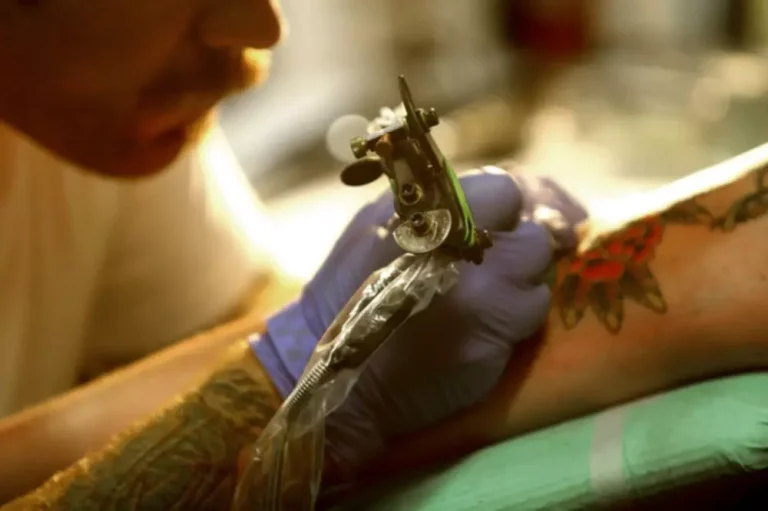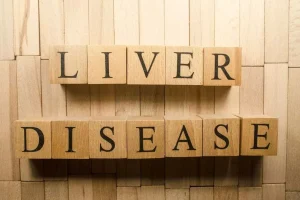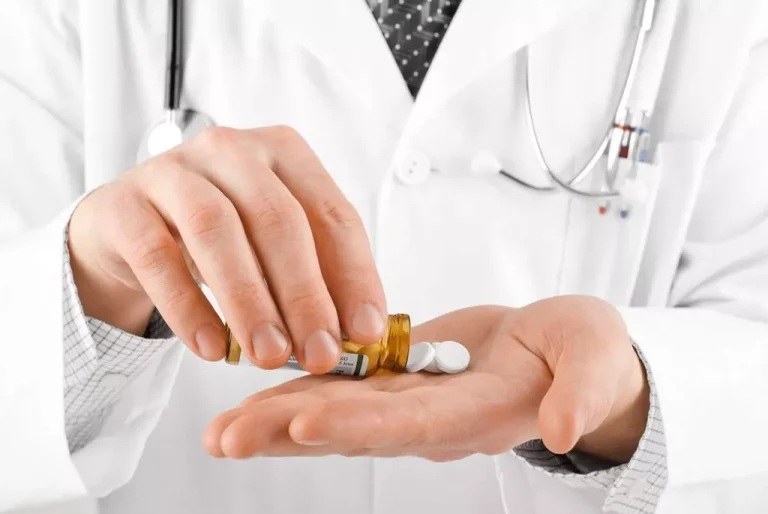
As a result, a person will begin to crave alcohol in order to achieve a feeling of satisfaction. This type of depression is linked to changes in light stemming from a shift in seasons. Typically, symptoms of SAD start to emerge in the fall and gradually worsen during the winter. Research shows that a lack of light during the winter months contributes to a case of the “winter blues”.
- With pre-addiction, there is a high risk of developing a substance use disorder (SUD), but the person isn’t there yet.
- Following a Mediterranean diet rich in omega-3s, for example, might be one recommendation.
- Combining drinking with psychotic depression can be extremely dangerous to one’s health and well-being, as well as those around them.
- However, for the best results, your doctor will likely treat them together.
Related Articles
Assessment of co-occurring AUD and depressive disorders using dimensional measures rather than discrete, categorical measures will be critical to understanding the full spectrum of severity of these conditions, including subclinical presentations. A 2019 review reveals that depressive disorders are the most common mental health disorders in people with AUD. There is a lot that we still need to understand about the link between https://ecosoberhouse.com/, and this is an emerging area of research. Existing research indicates that depression can cause alcohol overuse, and alcohol overuse can cause depression.

Help for Mental Illnesses

Depression is also a risk factor for using alcohol, since people who feel depressed may use alcohol to ease their symptoms. According to the Diagnostic and Statistical Manual of Mental Disorders, Fifth Edition (DSM-5), if depression symptoms persist after one month without consuming alcohol, then a different depressive disorder diagnosis would apply. It’s very important to address both alcohol misuse and depression simultaneously when looking into treatment options, as these conditions are closely intertwined and can exacerbate each other, Kennedy explains. Alcohol use disorders may be mild, moderate, or severe, depending on the combination of symptoms you’re experiencing, but drinking problems can exist regardless of a clinical diagnosis.
Help transform healthcare

Alcohol may even increase the risk of depression in babies exposed to alcohol in the womb. Children born with fetal alcohol spectrum disorders are more likely to develop depression later, according to an earlier study from 2010. A 2012 study found that 63.8% of people who are dependent on alcohol alcohol and depression are also depressed. By Sarah Bence, OTR/LBence is an occupational therapist with a range of work experience in mental healthcare settings. If you have depression and drink too much alcohol, then you may be wondering if there are any treatments or lifestyle changes for someone in your situation.

The goal of clinical trials is to determine if a new test or treatment works and is safe. Although individuals may benefit from being part of a clinical trial, participants should be aware that the primary purpose of a clinical trial is to gain new scientific knowledge so that others may be better helped in the future. Some people may drink to try to relieve the symptoms of mental ill-health. If you have depression and anxiety and want to drink alcohol, there are some considerations. Generally, you should limit your intake to 14 units of alcohol in a week — this is equal to six standard glasses of wine or six pints of lager.
- Similarly, in the absence of clear evidence of a long-term major anxiety disorder that predates the onset of alcoholism or that remains intense after an extended period of abstinence, few indications exist for using medications related to anxiety for alcoholics.
- It is important to understand that while it can be helpful to know the different types of treatments available, what is most important is deciding to seek treatment in the first place.
- Efforts to enhance treatment outcomes would benefit from investigation into the characteristics of people who do not respond to existing treatments.
- Although he continued to experience depression, he says connecting with other people in recovery helped fuel his motivation to stick with sobriety.
- If you binge drink alcohol, your depression and anxiety may also worsen.
- Alcohol use can also affect how antidepressants work, which can affect depression treatment.
- The feelings of bliss wear off, and they can worsen your depression symptoms.
Oftentimes, these gloomy moods shift to optimistic spirits through spring and summer. For a formal diagnosis, SAD symptoms must present themselves for at least the last two consecutive years. For those struggling with depression, alcohol is sometimes used to suppress symptoms related to their condition, such as irritability, loss of interest, anxiety, restlessness and insomnia. Unfortunately, using alcohol as a way to self-medicate depression can significantly impact physical and emotional well-being. If you think you have depression and often use alcohol to cope, Sharma recommends reaching out to a psychiatrist, therapist, or primary care doctor for a diagnosis and treatment guidance.
Excessive alcohol drinking can also cause problems socially, such as issues with family, school, employment, and friends. This could have a carryover effect on depression since loneliness and lack of social support are linked to depression. Another way that depression could lead someone to drink alcohol is through changes in their brain as a result of depression. These changes can heighten the physiological “rewards” of alcohol and increase the likelihood that they will continue their pattern of drinking.
